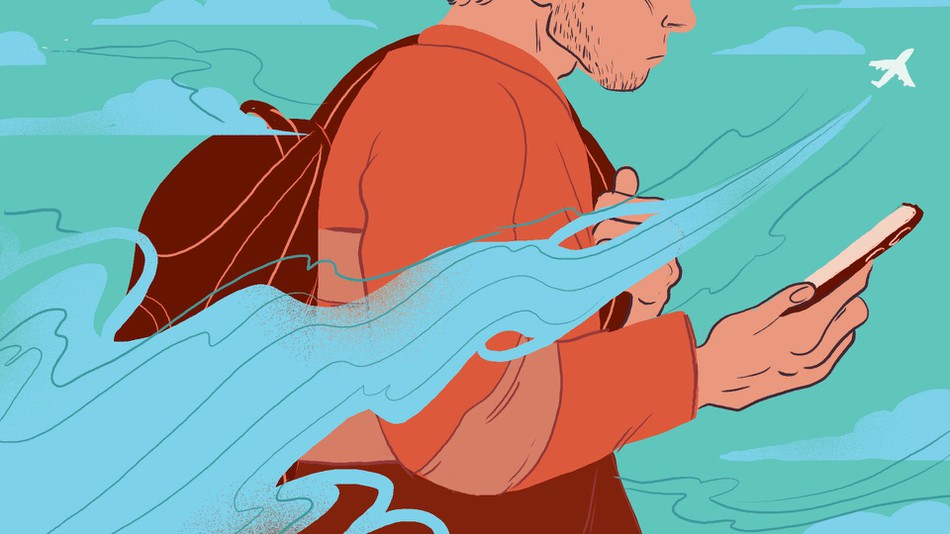Grassroots Facebook pages are a powerful mental health tool for working rural men. Deciding that writing down his emotions could help, he launched a Facebook page called Fifo Man where he posted thoughts about work, family and wellbeing. Baker's page, which now has almost 17,000 followers, is part of network of Facebook pages that are stirring conversations about mental health among men who are not always upfront with their feelings. "When I first started it [the Facebook page] it was just me putting my thoughts and feelings out there," Baker said. "More and more, messages I got were about guys on-site who had taken their own lives and people that had suffered some depression, and I started to see how bad it really was. "If the environment's there, men will talk. Sam Grech, a former FIFO engineer based in Perth who follows Fifo Man on Facebook, said he recognises himself on the page. "What's really needed is for that social group to have some opportunity to go behind closed doors and be able to have those conversations," Thorp explained. He said pages like Fifo Man send the message that it's OK to talk, meaning men could open up more with others in their lives. Mental health for men is a big shake-up."
/https%3A%2F%2Fblueprint-api-production.s3.amazonaws.com%2Fuploads%2Fcard%2Fimage%2F388831%2Fb9666a9c-47a1-4155-89b8-b46af5e09855.jpg)
Luke Baker has worked in the most remote reaches of Australia and Papua New Guinea, but leaving his family is always a painful rupture. But Facebook is helping in surprising ways.
Now based in Bundaberg, Queensland, he was sent to mining camps as a “fly-in, fly-out” worker (or FIFO), where he’d often spend around three weeks on-site and one week off in an endless, “torturous” cycle.
“There was one time where my wife dropped me off to the airport and I just remember my step-daughter, she was really struggling with it at the time,” Baker said, “telling me she hated my work and wanted me to stay home forever.
“I was on the airplane in tears and I just remember sitting there thinking, ‘how do I continue to do this?'”
Deciding that writing down his emotions could help, he launched a Facebook page called Fifo Man where he posted thoughts about work, family and wellbeing.
Baker’s page, which now has almost 17,000 followers, is part of network of Facebook pages that are stirring conversations about mental health among men who are not always upfront with their feelings.
FIFO workplaces, where employees often live in isolated, temporary compounds, have been recognised as increasing risk of mental illness.

Image: Rod McGuirk/AP/REX/Shutterstock
A 2015 inquiry by the Western Australian (WA) government found three recent studies that suggested the incidence rate of mental health distress among the FIFO workforce could be 30 percent — higher than the national average of 20 percent.
In some states, FIFO’s impact is widespread. It affects an estimated 9.3 percent of WA’s population whether directly or through FIFO families.
“When I first started it [the Facebook page] it was just me putting my thoughts and feelings out there,” Baker said. “More and more, messages I got were about guys on-site who had taken their own lives and people that had suffered some depression, and I started to see how bad it really was.
“I wanted to break down the stigma around guys’ mental health and encourage them to seek help.”

COMMENTS